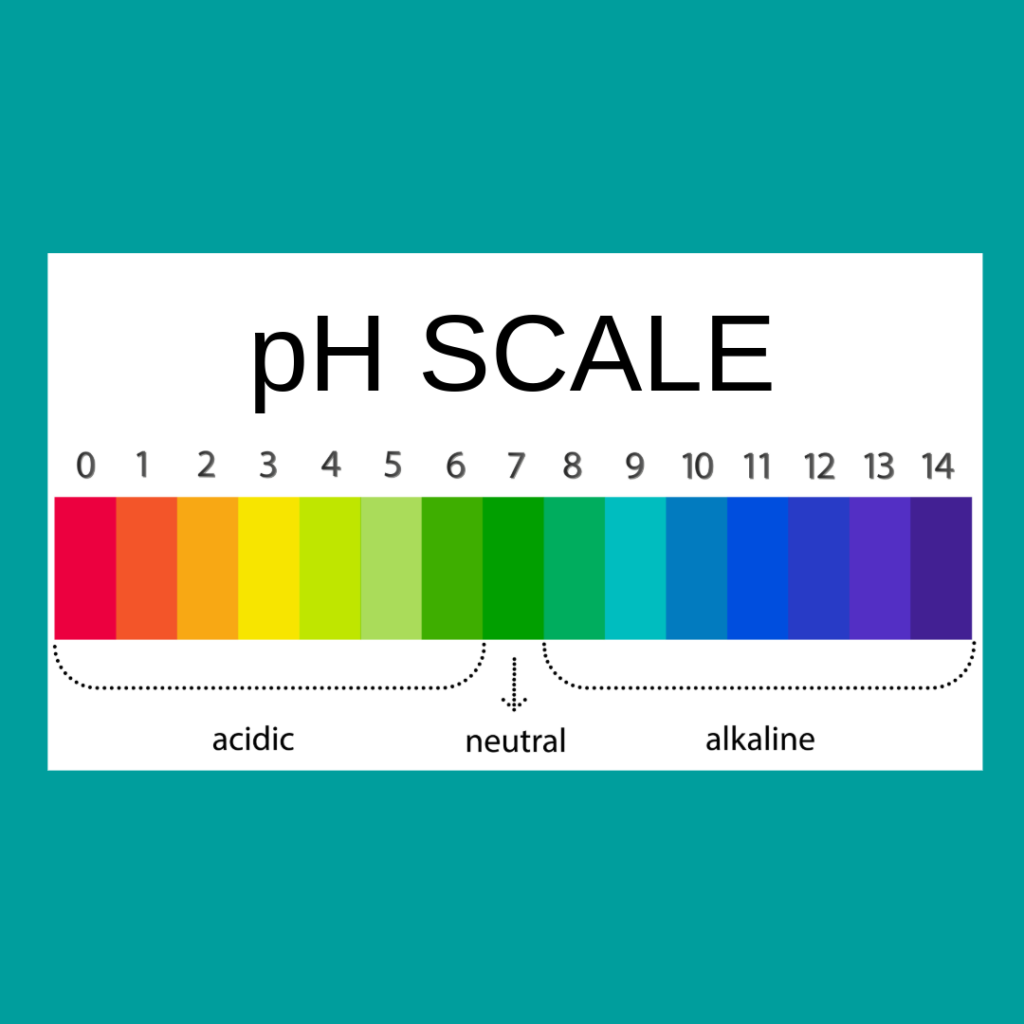In the pursuit of wellness, one fundamental aspect often overlooked is the delicate equilibrium maintained within our bodies. With billions of reactions transpiring every second, this intricate network of cells and tissues relies on a precise balance. Much like how our bodies thrive within a specific temperature range, maintaining an optimal pH level is equally essential for overall health and vitality.
In this guide prepared by RA Balance Florida, we’ll delve into the significance of pH balance, its impact on various bodily functions, factors that can disrupt it, and actionable steps that can help maintain this crucial equilibrium.
What is pH Level?
Imagine pH as a measure of acidity or alkalinity, similar to a temperature gauge. pH stands for “potential of hydrogen” and is a measure of how acidic or alkaline a substance is. It ranges from 0 (highly acidic) to 14 (highly alkaline), with 7 being neutral. Just like your ideal body temperature is around 98.6°F, your pH level should stay close to a neutral 7 for proper cell and organ function. Deviations from this range can lead to health concerns.

Why is pH Balance Important?
There are several reasons why maintaining a healthy pH is crucial:
- Enzyme Activity: Enzymes, the protein workhorses in your body, rely on a specific pH range to function effectively. Disruption in this range can hinder their ability to perform vital tasks, potentially leading to health problems like digestive issues or hindered nutrient absorption.
- Nutrient Absorption: The pH level in your digestive system significantly impacts nutrient absorption. For instance, a slightly acidic stomach is essential for breaking down proteins and fats. However, excessive acidity can irritate the stomach lining and contribute to ulcers. Conversely, a stomach that’s overly alkaline might struggle to break down certain nutrients effectively.
- Immune Function: A well-functioning immune system protects you from infections and disease. Your body’s pH plays a role in this defense mechanism. For example, acidic conditions might hinder white blood cells in their fight against infection. On the other hand, an overly alkaline environment could also disrupt the immune system’s ability to function optimally.
- Cell Health: Your cells thrive in a slightly alkaline environment. Excessive acidity can damage them and contribute to various health issues, potentially including cancer.
What Disrupts pH Balance?
Several factors can disrupt your body’s delicate pH balance, including:
- Lifestyle Factors: Smoking, alcohol consumption, and excessive exercise can all contribute to pH imbalance. While exercise is generally beneficial for health, pushing yourself too hard can lead to the buildup of lactic acid, a byproduct of intense exercise that can temporarily tip the pH scale towards acidity.
- Diet: Processed foods, sugary drinks, and excessive animal products tend to be acidic. On the other hand, fruits, vegetables, and whole grains are more alkaline-promoting.
- Medical Conditions: Certain medical conditions, like diabetes and kidney disease, can also affect your pH levels. These conditions can impair the body’s natural mechanisms for regulating pH, making it more challenging to maintain a healthy balance.
Symptoms of pH Imbalance
Symptoms of pH imbalance can vary depending on the severity of the imbalance and the underlying cause. Here are some common signs:
- Headaches
- Chronic fatigue
- Muscle cramps
- Joint pain
- Difficulty concentrating
- Digestive problems (diarrhea, constipation, heartburn)
- Mood swings
- Skin problems (rashes, eczema)
Maintaining a Healthy pH Balance
Luckily, there are things you can do to support a healthy pH:
- Hydration is Key. Water helps flush toxins and maintain a healthy pH balance. Aim for eight glasses of water daily. Proper hydration helps dilute acids and supports the kidneys in their role of filtering out waste products.
- Eat a Balanced Diet. Emphasize fruits, vegetables, and whole grains in your diet. Limit processed foods, sugary drinks, and excessive meat and dairy consumption. A balanced diet rich in alkaline-forming fruits and vegetables can help counteract the acidifying effects of other dietary choices.
- Move Your Body. Regular exercise improves circulation and eliminates toxins. Aim for at least 30 minutes of moderate exercise most days of the week. While excessive exercise can temporarily affect pH, regular physical activity helps the body function more efficiently and supports overall health, which can indirectly contribute to a balanced pH.
- Prioritize Sleep. Adequate sleep is crucial for overall health and well-being. Aim for 7-8 hours of quality sleep each night. During sleep, the body undergoes various restorative processes that can help maintain a healthy pH balance.
- Manage Stress. Stress can contribute to acidosis. Find healthy ways to manage stress, such as exercise, yoga, or meditation. Chronic stress can trigger the release of hormones that can disrupt the body’s pH balance.
How Can Biomagnetic Therapy Help Balance pH?
Biomagnetic therapy focuses on restoring balance by applying magnets to specific points on the body. This holistic therapy can be effective in regulating pH levels in the body. This is because the body’s pH levels are regulated by the exchange of ions through the cell membrane. When a magnet is applied to the body, it polarizes the cells’ ions, which can help to restore balance to the pH levels.
To understand how this works, let’s take a closer look at the process of pH imbalance. pH imbalance begins at the cellular level, when the exchange of ions through the cell membrane is disrupted.
This can happen for many reasons, such as a highly-processed diet, illness, or elevated stress. Biomagnetic therapy can help to restore balance to the body’s pH levels by polarizing the cells’ ions. This is done by applying magnets to specific points on the body. The magnets create a magnetic field that aligns the ions in the cells, which helps to restore their normal function.
Conclusion
Maintaining a healthy pH level is a key element of overall well-being. By incorporating dietary changes, staying hydrated, exercising regularly, managing stress, and getting enough sleep, you can support your body’s natural ability to maintain balance. Biomagnetic therapy is a non-invasive, holistic therapy that can also help to regulate pH levels in the body.

